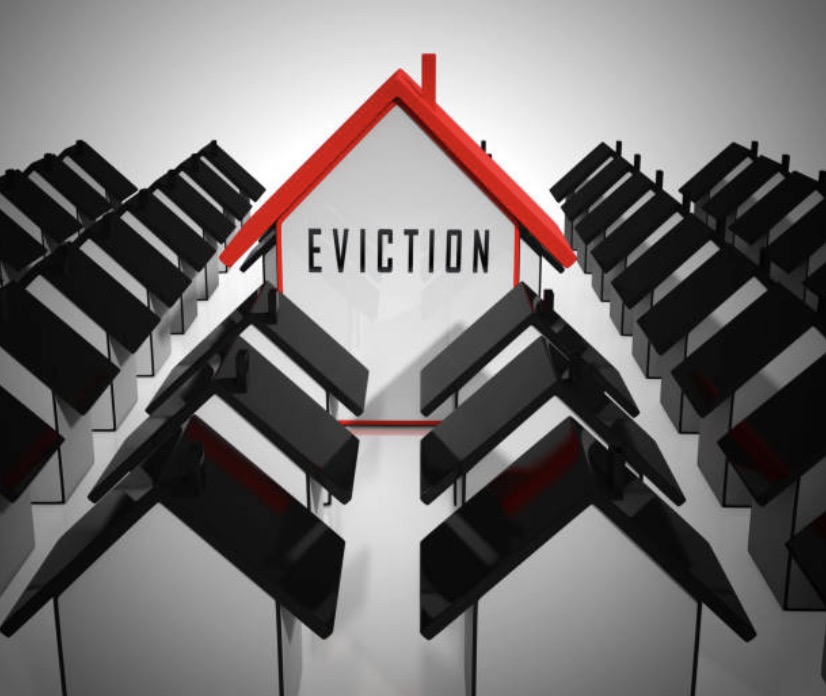Landlord Blog
Education and news for smart DIY landlords!
Common Eviction Mistakes Landlords Should Avoid

The process of evicting a tenant can be stressful. Landlords can get emotional, and because of that, they are prone to committing mistakes. Knowing common eviction mistakes to avoid will keep you from starting the eviction process all over again and losing money. We discuss five of them in this article. But first, we’ll define what an eviction is.
What is an eviction?
An eviction is a legal process in which a landlord removes a tenant from the rental property. Evictions take place for various reasons, ranging from nonpayment of rent to property damage to illegal activities inside the rental. As a landlord, you should always remember not to start an eviction process unless there is a lawful reason to do it.
Common Eviction Mistakes to Avoid
1. Attempting a self-eviction.
Some landlords try to force tenants out themselves. For instance, a landlord may change their locks so they wouldn’t be able to enter the rental. Perhaps the landlord may also think of shutting off their utilities so tenants don’t get access to electricity or hot water. Worse, they may consider harassment. No matter how tempted you feel, never attempt a self-eviction process. There are instances where violence occurred between a tenant and landlord or that a tenant pursued legal action.
2. Not having the proper evidence to support your claim.
Documentation - it’s the single most important thing you can do to protect yourself. This includes a signed lease, records of all the improvements you’ve made in the rental, a move-in checklist, and pictures of the damage. So, if you come to court to explain your side of the story, you should not come without proper evidence. Your documents and pictures will prove that indeed, the tenant has done something to cause an eviction.

3. Threatening to keep the security deposit.
You cannot keep a security deposit or threaten a tenant that you’d do it just because you feel like it. Every state has specific laws that you need to follow when it comes to security deposits. Common reasons for keeping the security deposit include unpaid utilities, nonpayment of rent, early termination of the lease, and damage. Withholding the security deposit should be done under very specific circumstances, and you should base them on the laws of your state.
4. Waiting too long to take action.
This is a problem among landlords who are “too nice” to their tenants. I knew of a landlord who stayed patient and listened to all his tenant’s excuses for not paying the rent for months. Do not be in denial, thinking that your tenants will never dare lie to you. Do not procrastinate because remember, you are running a business.
5. Not giving the proper notice.
Failing to present the tenant with a notice to quit is a mistake. A “notice to quit” is a legal document that you send to tenants before you can formally evict them. This document contains information such as the names of the persons who need to leave and the number of days that they should fix the violation. If you do not give this notice, you will have difficulty evicting tenants. Most importantly, you should clearly spell out the problem at hand in the notice.
If you’re ready, make Landlord Prep your go-to resource for landlording education. Here, we offer a complete DIY landlording course to get you on the right track. Join our academy today. If you want, you can check out Flavia’s real estate investing webinar first!
